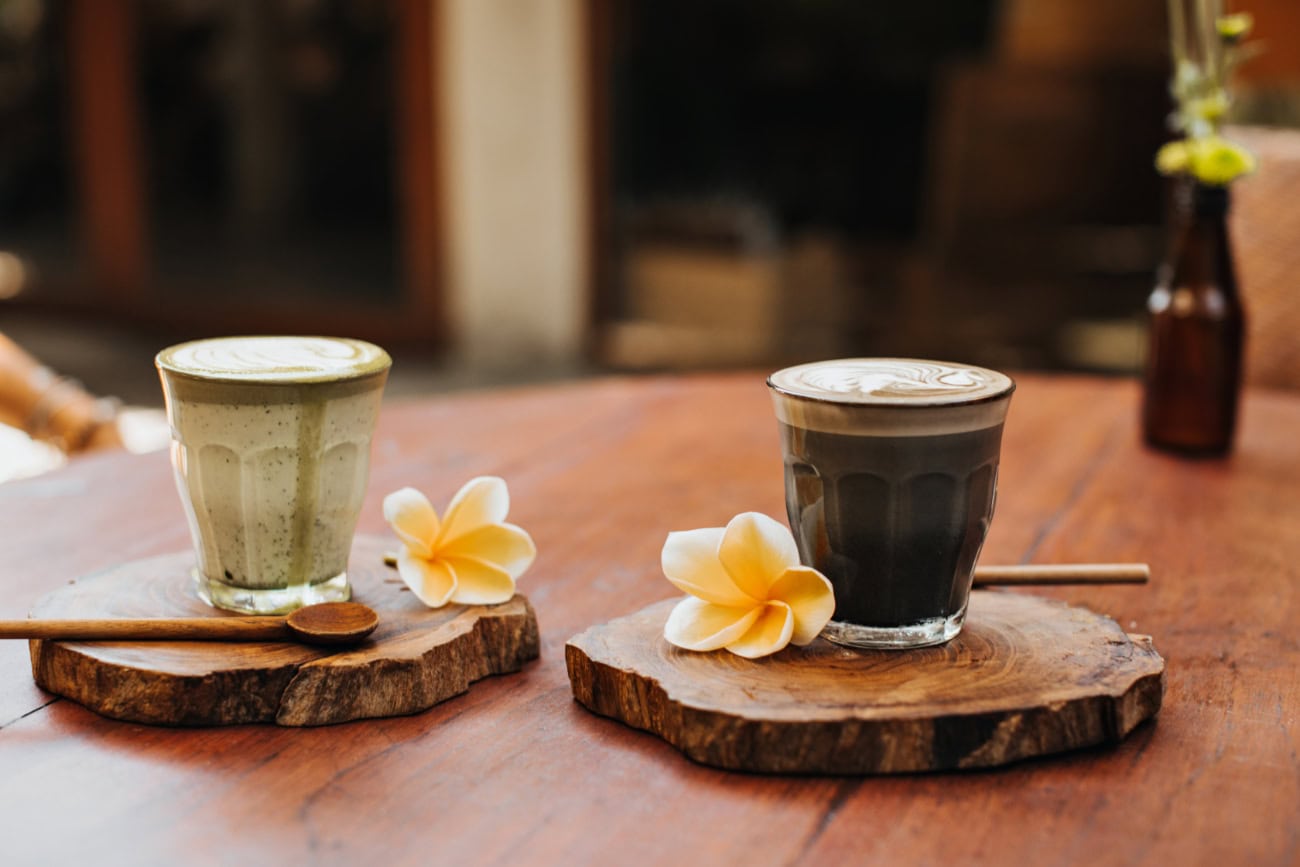Indonesia, an archipelago nation blessed with fertile volcanic soil and a tropical climate, is one of the world’s largest coffee producers. But coffee in Indonesia is more than just a commodity; it is a deeply ingrained part of the culture, a daily ritual, and a source of national pride. From the traditional, unfiltered brews served in local warungs to the sophisticated specialty coffees of modern cafes, Indonesian coffee culture is a rich and diverse tapestry that reflects the country’s history, geography, and evolving tastes.
A Rich History in Every Cup
Coffee cultivation in Indonesia has a long and storied history, dating back to the late 17th century when the Dutch East India Company (VOC) introduced Arabica coffee plants to the island of Java. The “Java” coffee brand soon became renowned worldwide, and for a time, Indonesia was the world’s leading coffee producer. Over the centuries, coffee cultivation spread to other islands, including Sumatra, Sulawesi, and Flores, each developing its own unique coffee varieties and processing methods.
Today, Indonesia is known for its incredible diversity of coffee beans, with each region producing coffees with distinct flavor profiles. This diversity is a testament to the varied terroirs of the archipelago, from the high-altitude volcanic slopes of Sumatra to the lush highlands of Java.
The Traditional Brew: Kopi Tubruk
The most traditional and ubiquitous way of preparing coffee in Indonesia is Kopi Tubruk. This simple yet robust brewing method involves mixing finely ground coffee with hot water and sugar directly in a glass, and then letting the grounds settle at the bottom. It’s an unfiltered, strong, and often sweet brew that is enjoyed by millions of Indonesians every day. Kopi Tubruk is more than just a drink; it’s a social ritual, often enjoyed with friends and colleagues at local warung kopi (coffee stalls), where conversations flow as freely as the coffee.
Another traditional variation is Kopi Joss from Yogyakarta, where a piece of burning charcoal is plunged into a cup of Kopi Tubruk, creating a sizzling sound and adding a unique caramelized flavor to the coffee.
A World of Flavors: Indonesia’s Coffee Regions
Indonesia’s diverse geography gives rise to a wide array of specialty coffees, each with its own distinct character:
- Sumatra: Sumatran coffees, particularly those from the Mandheling, Lintong, and Gayo regions, are famous for their full-bodied, earthy, and complex flavor profiles, often with notes of chocolate, cedar, and spice. The unique “wet-hulling” (giling basah) processing method used in Sumatra contributes to their distinctive taste and low acidity.
- Java: Javanese coffees, especially those from the Ijen Plateau, are known for their clean, smooth, and well-balanced flavors, often with a hint of nuttiness and a bright acidity. Java is also famous for its “aged” or “monsooned” coffees, which are stored for several years to develop a unique, complex flavor.
- Sulawesi: Coffees from Sulawesi, particularly from the Toraja region, are prized for their rich, full-bodied flavor, with notes of dark chocolate, ripe fruit, and a hint of spice. They are often described as having a deep and complex character.
- Bali: Balinese coffees, especially from the Kintamani highlands, are known for their bright, citrusy notes and a clean, smooth finish. The use of organic farming practices is also common in this region.
- Flores: Coffees from Flores are gaining recognition for their sweet, floral, and often chocolatey notes, with a smooth and syrupy body.
The Controversial Kopi Luwak
No discussion of Indonesian coffee would be complete without mentioning Kopi Luwak, often dubbed the world’s most expensive coffee. This unique coffee is produced from beans that have been eaten and excreted by the Asian palm civet. The digestive enzymes of the civet are believed to alter the chemical structure of the beans, resulting in a smoother, less acidic coffee.
However, the popularity of Kopi Luwak has raised significant ethical concerns. The high demand has led to the capture and caging of wild civets, which are often kept in poor conditions and force-fed coffee cherries. For ethical reasons, it is crucial for consumers to seek out only “wild-sourced” Kopi Luwak, which is collected from the droppings of wild civets, ensuring that no animals are harmed in the process.
The Modern Coffee Scene: A New Wave of Appreciation
In recent years, Indonesia has experienced a “third wave” coffee movement, with a surge in specialty coffee shops and a growing appreciation for high-quality, locally sourced beans. This new wave is driven by a younger generation of coffee enthusiasts, baristas, and roasters who are passionate about showcasing the diversity and quality of Indonesian coffee.
Modern cafes in cities like Jakarta, Bandung, and Bali now offer a wide range of brewing methods, from pour-over and AeroPress to cold brew, allowing customers to experience the nuanced flavors of single-origin Indonesian coffees. This trend has not only elevated the status of Indonesian coffee domestically but has also brought greater international recognition to the country’s specialty coffee producers.
Experiencing Indonesian Coffee Culture
For travelers, there are many ways to immerse oneself in Indonesia’s rich coffee culture:
- Visit a Warung Kopi: For an authentic local experience, visit a traditional coffee stall and try a cup of Kopi Tubruk.
- Explore Specialty Cafes: Discover the modern coffee scene and sample single-origin coffees from across the archipelago.
- Tour a Coffee Plantation: Visit a coffee plantation, particularly in regions like Bali or Java, to learn about the cultivation and processing of coffee, from bean to cup.
- Attend a Coffee Cupping: Some cafes and roasters offer coffee cupping sessions, where you can learn to identify the different flavor profiles of various Indonesian coffees.
Indonesian coffee culture is a dynamic and evolving landscape, where ancient traditions meet modern innovations. It’s a journey that offers a rich sensory experience and a deeper appreciation for the humble bean that has shaped so much of the country’s history and daily life. Whether you’re sipping a simple Kopi Tubruk or a meticulously prepared specialty brew, a cup of Indonesian coffee is a taste of the archipelago itself – complex, diverse, and full of character.

